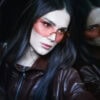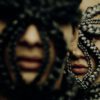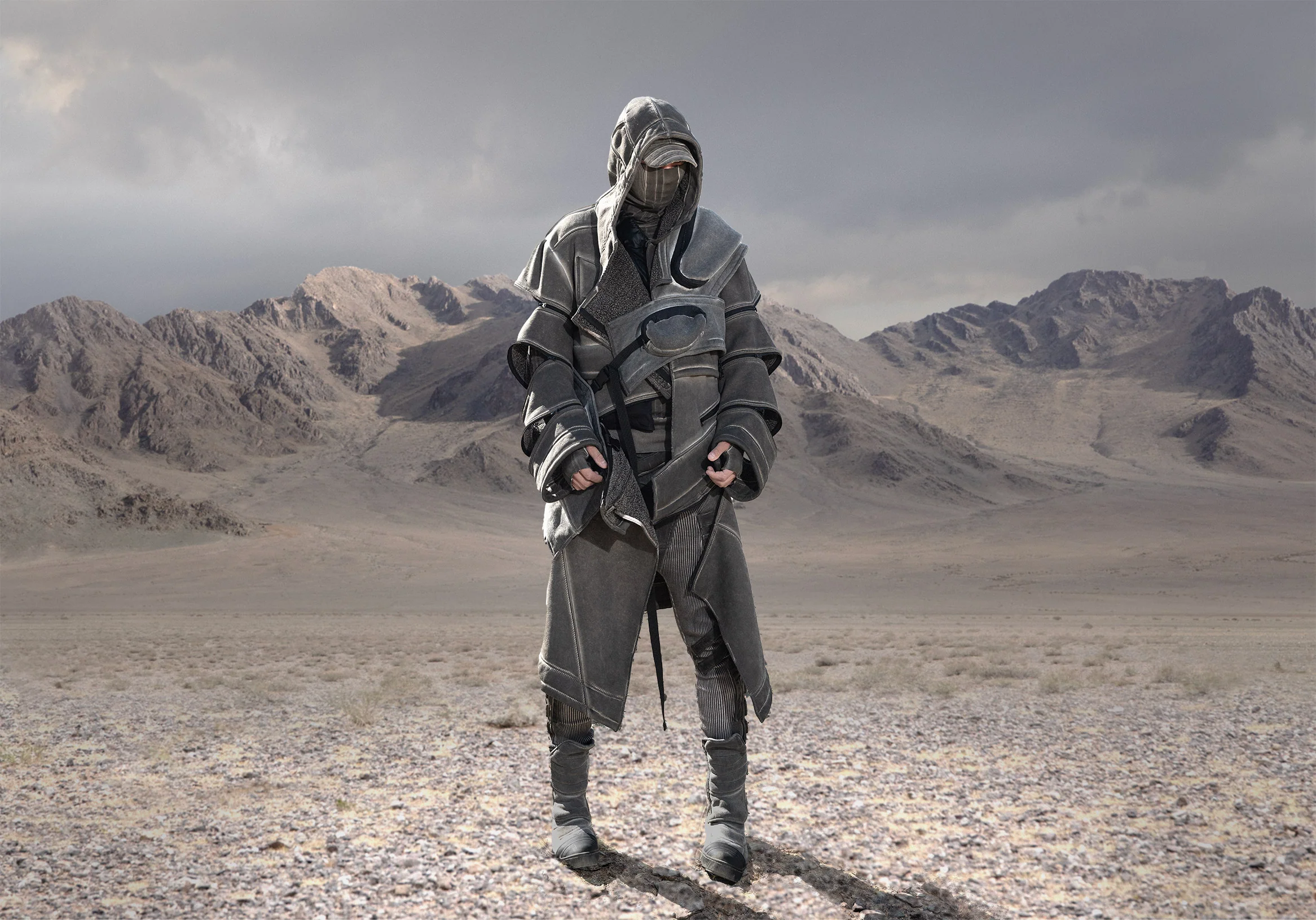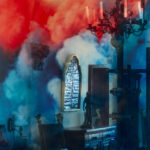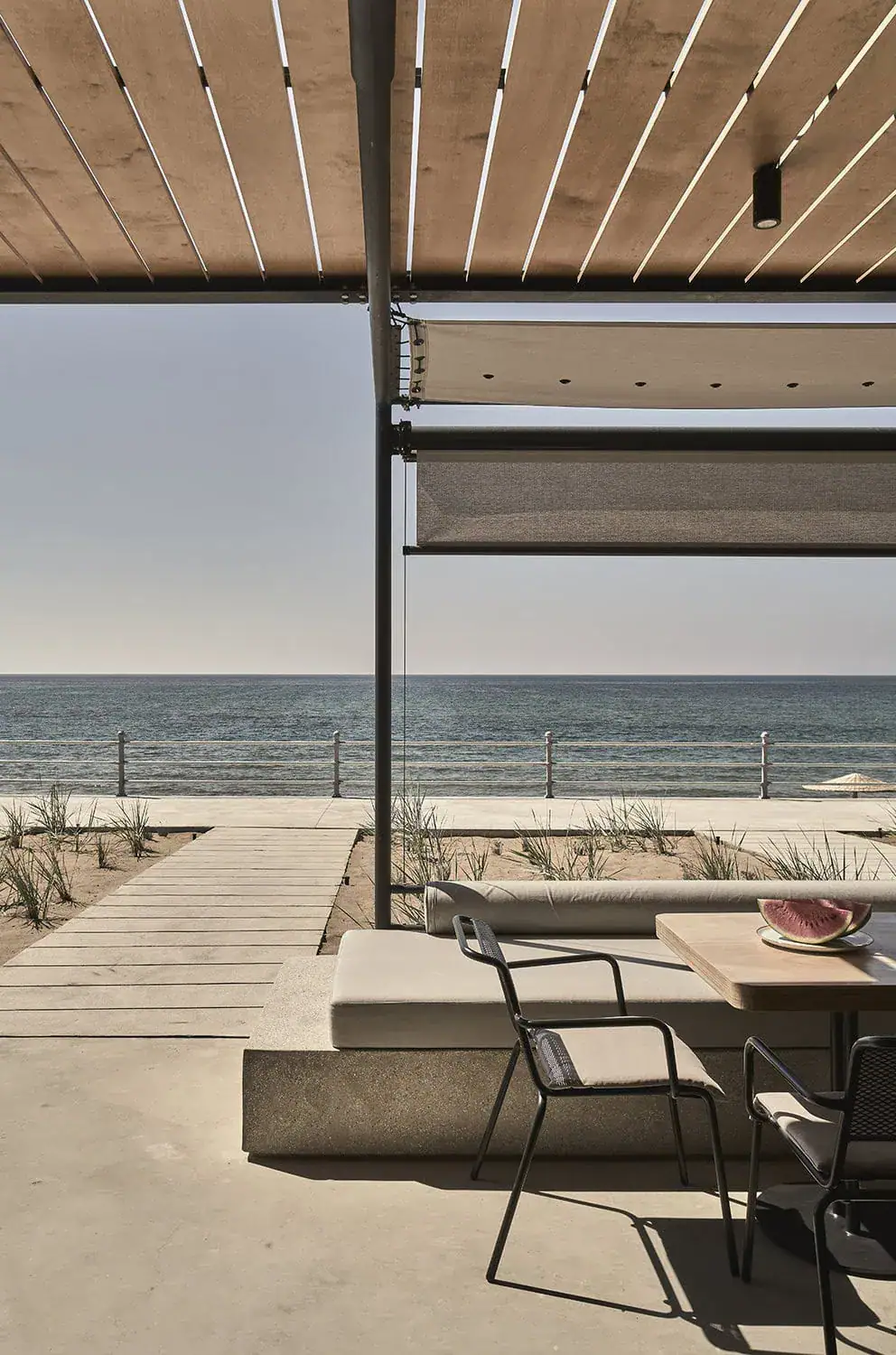The world of fashion has consistently served as a mirror to society, reflecting current moods, social movements, and cultural paradigms. Lately, dystopian fashion has gained significance as an expression of future concerns and societal tumults.
What is dystopian fashion?
Dystopian fashion can best be described as a style inspired by futuristic, often pessimistic visions. This style embodies an image of a deteriorating society where freedom, resources, and humanity are limited or lost. It frequently uses monochrome color palettes, worn or distressed fabrics, and a combination of traditional and innovative materials.
Notable Representatives of Dystopian Fashion
RICK OWENS
- Rick Owens: Often referred to as the “Gothic Designer,” he is known for his dark and avant-garde designs. Owens frequently combines draped silhouettes with rough materials, evoking a post-apocalyptic aesthetic.
DEMOBAZA
- Demobaza: This brand fuses the post-socialist spirit of Bulgaria with futuristic visions. Their style represents a deconstructed uniform that is both rugged and futuristic.
GARETH PUGH
- Gareth Pugh: The British designer, renowned for his theatrical and often gloomy shows, plays with volume, shape, and structure to craft a visionary interpretation of fashion.
YOHJI YAMAMOTO
- Yohji Yamamoto & Y-3: Yamamoto’s designs often radiate melancholy and suggest a world that deviates from conventional fashion norms. Y-3, a collaboration between Yohji Yamamoto and Adidas, merges sportswear and high fashion with a typically minimalist and futuristic aesthetic.
Influences and Significance
Dystopian fashion is deeply rooted in pop culture. Movies like “Blade Runner,” “Mad Max,” and “The Hunger Games” have significantly influenced and promoted this style. Beyond aesthetics, this fashion raises questions about our society and its future, stimulating reflection and provoking discussions about the environment, technology, and human interaction in an increasingly connected, yet often alienated world.
Conclusion
While dystopian fashion might be just another trend for some, for others, it represents a profound statement about our current society and the potential paths we might take. It invites us to contemplate the world we live in and the world we wish to leave behind.

